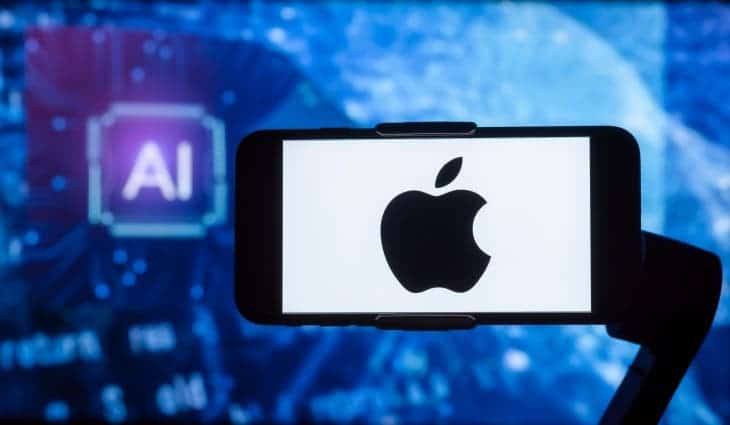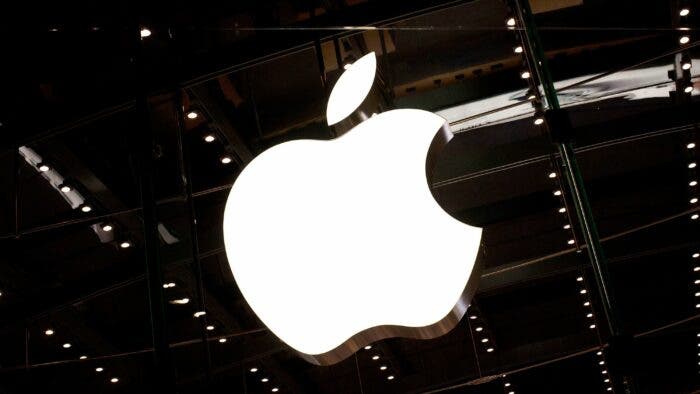Google’s recent product launch has sent ripples through the tech industry, showcasing the impressive AI features of the Pixel 9 series. The event held just before the anticipated release of Apple’s iPhone 16 series, has sparked widespread interest and debate. Among those weighing in is Bloomberg reporter Mark Gurman, who claims that Apple is lagging behind Google in AI technology by at least two to three years. This revelation highlights a growing gap between the two tech giants, particularly in the realm of AI. Google’s integration of its Gemini AI into Android and Pixel phones demonstrates its commitment to leading the AI race. Meanwhile, Apple’s AI offering, Apple Intelligence, announced at WWDC, appears less mature and may not be fully ready for the upcoming iPhone 16 launch.

Google’s Gemini AI: A New Benchmark
At the center of Google’s recent showcase was Gemini AI, a cutting-edge AI system that is deeply embedded in Android and Pixel devices. Gemini represents a significant leap forward for Google, offering powerful new functions that enhance the user experience. Unlike Apple Intelligence, which is still in its early stages, Gemini AI is ready for prime time, with full support for multiple regions and languages across the globe.
One of the key highlights of Gemini AI is its seamless integration with Google Assistant. This integration has significantly boosted Google Assistant’s capabilities, making it far superior to Apple’s Siri in terms of natural language understanding and task execution. Users can now interact with their devices more intuitively and efficiently, thanks to Gemini’s advanced AI algorithms.
Apple’s AI Struggles: A Slow Progress
In contrast to Google’s rapid advancements, Apple’s progress in the field of AI has been slow and, according to some, disappointing. Despite Apple’s strong reputation in hardware, its AI software seems to lag. While Apple announced Apple Intelligence with much fanfare at WWDC, the reality is that this AI system is still not fully mature. Some features may not even be ready in time for the iPhone 16’s release, raising concerns about Apple’s ability to keep pace with Google.

One of the major criticisms of Apple Intelligence is its limited reach. Currently, it only supports certain regions and the English language, whereas Google’s Gemini AI is already multilingual and globally available. This disparity underscores the gap between the two companies, with Google ahead in terms of both AI development and deployment.
The Chip Factor: Google’s Future Edge
Looking ahead, Google’s advantage in AI may soon be further solidified by its next-generation self-developed chip, set to be installed in the Pixel 10 next year. This chip is expected to enhance AI performance even further, giving Google a significant edge over its competitors. With this new hardware, Google is likely to continue pushing the boundaries of what AI can do, leaving other tech companies scrambling to catch up.
Apple, despite its strong presence in the chip market, has yet to fully leverage its hardware capabilities in the field of AI. While Apple’s chips are renowned for their performance, this advantage has not been reflected in the company’s AI software. As a result, Apple risks falling further behind as Google continues to innovate at a rapid pace.
Industry Reactions: Gurman’s Take
Mark Gurman, a respected voice in the tech industry, did not mince words in his assessment of the current AI landscape. After watching Google’s latest AI announcement, Gurman wrote, “After watching Google’s latest artificial intelligence announcement, it’s hard not to think that Apple is at least 2-3 years behind in this field.” This statement highlights the growing concern among industry experts that Apple is losing its competitive edge in AI.
Gurman’s observations are not without merit. Google’s advancements in AI, coupled with its integration into everyday devices like the Pixel 9, showcase a level of innovation that Apple has yet to match. As AI becomes increasingly important in the tech industry, Apple’s slow progress in this area could have significant implications for its future.
The Importance of AI in Mobile Tech
AI is no longer a niche feature but a core component of modern mobile technology. From enhancing user interactions to automating tasks, AI has the potential to transform how we use our devices. Companies that lead in AI development are likely to dominate the mobile tech landscape in the coming years.

For Google, the integration of Gemini AI into Android and Pixel phones represents a strategic move to solidify its position as a leader in AI. By offering a more advanced and versatile AI system, Google is not only enhancing the user experience but also setting a new standard for what consumers can expect from their devices.
Apple, on the other hand, faces a critical challenge. To maintain its status as a leader in mobile technology, Apple must accelerate its AI development and close the gap with Google. Failure to do so could result in a loss of market share as consumers gravitate towards devices that offer more advanced AI features.
The Road Ahead for Apple
Despite the hard tasks, Apple has the means and skill to fix its AI flaws. The firm’s strong gear gives a good base to build more smart AI tools. Yet, to catch up with Google, Apple must put much cash into AI work and also aim to mix AI more in its tools. One way to grow is to widen the reach of Apple AI. By backing more tongues and spots, Apple can make its AI more easy to use for a world crowd. Plus, mixing AI better with Siri and other Apple tools could help close the gap with Google in use.
Conclusion
Google’s recent product launch has highlighted a significant shift in the tech landscape, with AI becoming an increasingly important battleground. While Google has taken a commanding lead with its Gemini AI, Apple faces the challenge of catching up. Mark Gurman’s assessment that Apple is two to three years behind Google in AI underscores the urgency of the situation.
As the industry continues to evolve, the companies that lead in AI development will likely dominate the market. For Apple, the path forward involves not only closing the gap with Google but also ensuring that its AI offerings are competitive on a global scale. The race is on, and the next few years will be crucial in determining the future leaders in mobile technology.





